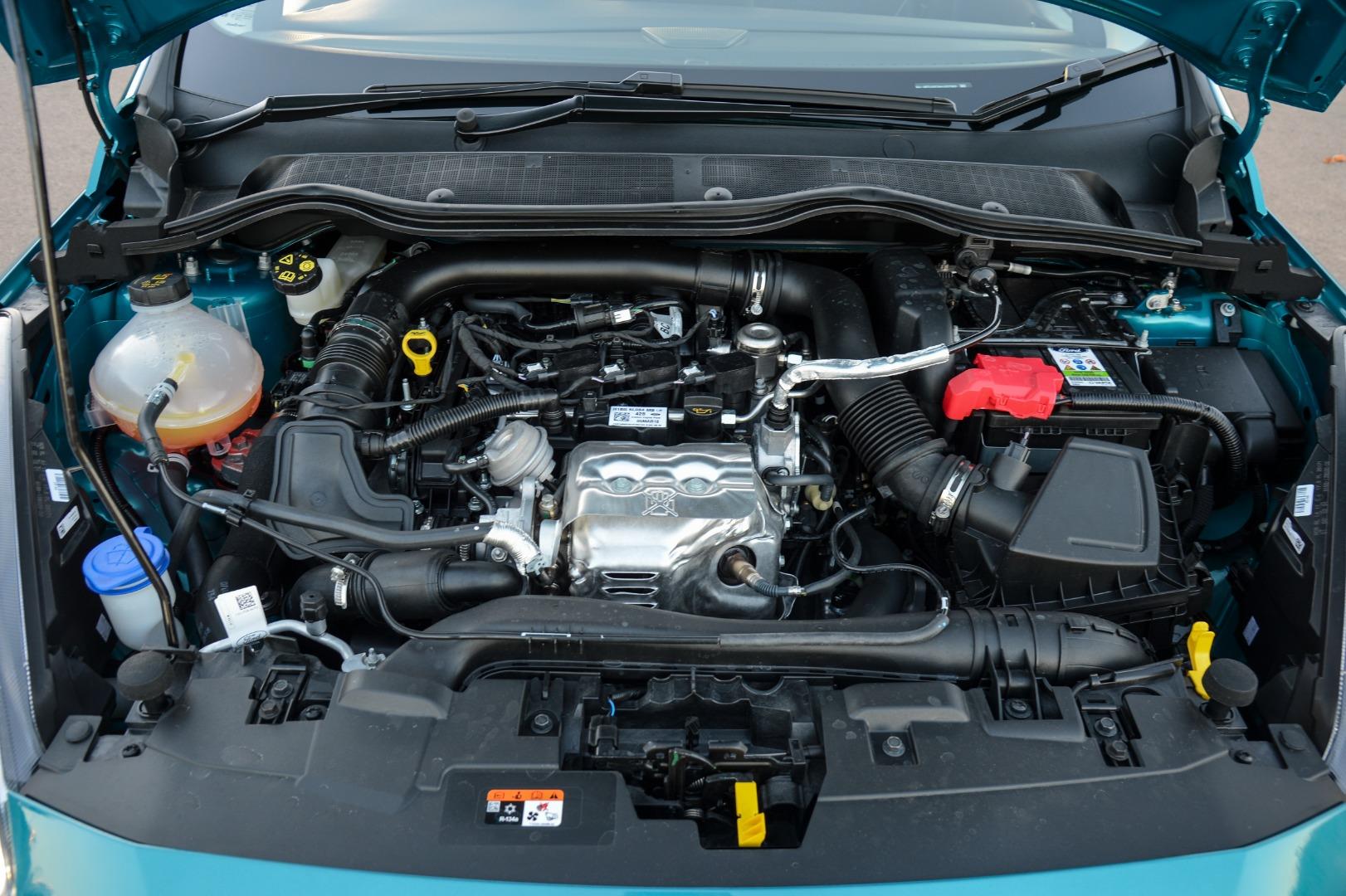How to Diagnose Ford Fiesta Engine Issues and Prevent Future Problems
How to Diagnose Ford Fiesta Engine Issues and Prevent Future Problems
Blog Article
Unlocking the Power of Engines: A Comprehensive Overview to Performance and Effectiveness
Comprehending the detailed technicians of engines is essential for both performance enthusiasts and day-to-day drivers. The answers might redefine our technique to engine efficiency and effectiveness in ways that are both enlightening and necessary.
Understanding Engine Basics
What constitutes the essential mechanics of an engine? At its core, an engine is a device developed to convert gas into mechanical power via a series of controlled explosions or burning processes.
The crankshaft after that transforms this linear activity right into rotational power, which ultimately powers the car. The camshaft regulates the opening and closing of the valves, controling the intake of air and gas and the expulsion of exhaust gases. Additionally, the engine depends on a very carefully calibrated fuel-air mixture, ignition system, and cooling system to make certain optimal performance and effectiveness.
Comprehending engine fundamentals likewise entails identifying the value of engine cycles, such as the four-stroke cycle, which consists of consumption, exhaust, compression, and power strokes. Each phase is important in making certain the engine operates efficiently and efficiently. Mastery of these basic auto mechanics prepares for exploring much more complicated engine dynamics and efficiency metrics, crucial for enhancing both power result and efficiency.
Secret Efficiency Metrics
Trick efficiency metrics are vital for evaluating an engine's efficiency and power output, offering beneficial understandings for both producers and consumers. These metrics act as benchmarks for engine performance, permitting informed choices in buying, production, and design.
One of the main metrics is horse power, which evaluates the engine's capability to perform work over time. Torque, measured in pound-feet, is an additional important statistics that shows the engine's rotational pressure, straight impacting velocity and pulling capability. Fuel effectiveness, usually measured in miles per gallon (MPG) or litres per 100 kilometers (L/100km), assesses just how effectively the engine transforms fuel into activity, impacting environmental considerations and functional prices.
In addition, thermal effectiveness steps how well an engine converts gas power right into helpful work, disclosing insights into energy losses largely through warmth. Exhaust degrees, consisting of CO2 and NOx, are likewise crucial, showing the engine's environmental effect and compliance with regulative criteria.

Tuning Techniques for Performance
Tuning techniques play a considerable function in boosting engine effectiveness by optimizing performance metrics recognized in earlier discussions (ford fiesta engine). Numerous techniques exist to adjust an engine, each adding to enhanced fuel economic situation and reduced discharges
One efficient technique is adjusting the air-fuel proportion, ensuring the engine runs within the ideal combustion routine. A leaner mix can improve fuel effectiveness, yet it should be balanced to stop misfires or engine knock. In addition, reprogramming the engine monitoring system can rectify parameters such as ignition timing, which further enhances effectiveness while preserving power result.
An additional important strategy involves customizing the consumption and exhaust systems. Updating to high-performance air filters and exhaust headers can lower back pressure, helping with far better air movement. This allows the engine to breathe even more freely, leading to enhanced burning performance.
In addition, the implementation of innovative tuning tools, like dyno screening, provides accurate information that makes it possible for targeted adjustments. On a regular basis keeping an eye on these performance metrics guarantees that tuning efforts yield the preferred performance results. Jointly, these strategies not only boost engine efficiency but also add to long-lasting sustainability in engine procedures.
Maintenance for Optimum Performance
Normal engine maintenance is crucial for accomplishing optimum performance and long life. useful source A properly maintained engine not only runs successfully but also minimizes the threat of costly repair services and failures. Secret parts needing regular interest consist of oil, filters, belts, and ignition system.
Transforming the engine oil at advised periods is crucial, as oil lubes moving components and protects against getting too hot. Replacing oil and air filters guarantees that pollutants see this website do not harm engine feature. Overlooking these components can lead to decreased effectiveness and possible engine damages.
Additionally, checking and changing used belts and tubes is important to stop abrupt failures. Timing belts, in specific, need to be replaced according to the producer's routine to stay clear of disastrous engine damage.
Spark connects should also be inspected and replaced as required, because they play an important function in ignition and gas effectiveness.
Future Patterns in Engine Modern Technology
Welcoming innovations in technology, the future of engine design is positioned to change efficiency and effectiveness across various applications. Hybrid and completely electrical powertrains are becoming increasingly mainstream, providing minimized emissions and boosted gas performance.
In addition, developments in materials science are resulting in lighter, stronger elements that improve engine performance while decreasing energy intake. Advanced production techniques, such as 3D printing, enable the creation of complicated geometries that enhance air movement and thermal administration, hence enhancing burning procedures.
In addition, the integration of synthetic knowledge and device knowing is readied to change engine diagnostics and efficiency adjusting. These modern technologies can evaluate substantial quantities of data in actual this contact form time, making it possible for anticipating maintenance and customized performance enhancements.
Verdict
In conclusion, unlocking the power of engines requires an extensive understanding of their auto mechanics and efficiency metrics. Implementing effective tuning strategies and adhering to routine upkeep practices dramatically enhance engine capabilities.
Additionally, the engine counts on a meticulously adjusted fuel-air mix, ignition system, and cooling down system to guarantee optimal performance and effectiveness.
Recognizing engine basics likewise involves acknowledging the significance of engine cycles, such as the four-stroke cycle, which consists of intake, exhaust, power, and compression strokes. Proficiency of these essential technicians lays the foundation for discovering much more intricate engine characteristics and performance metrics, vital for optimizing both power outcome and performance.

Embracing innovations in technology, the future of engine design is positioned to reinvent efficiency and efficiency throughout various applications.
Report this page